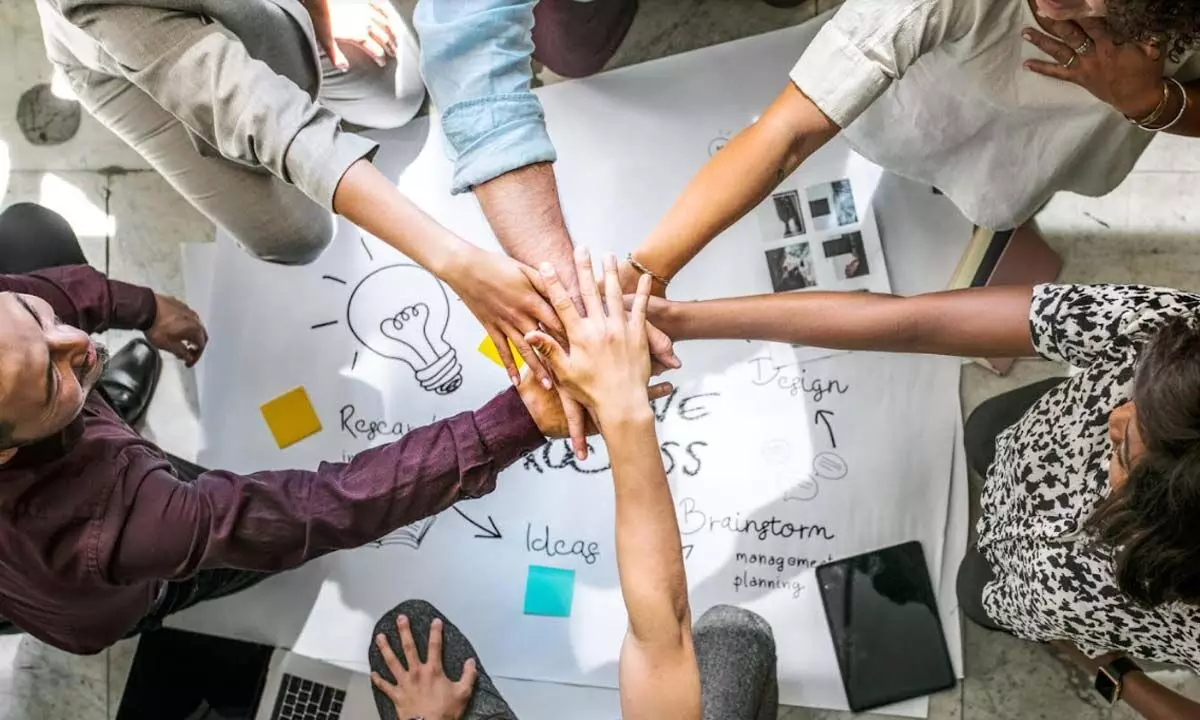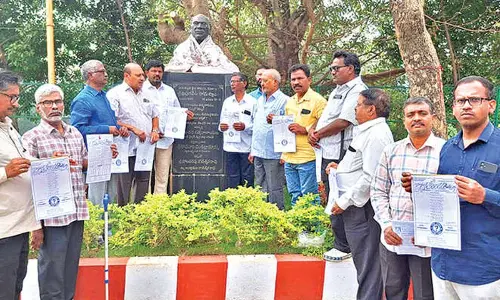Building a positive workplace culture

Over three years have elapsed since the World Health Organization declared Covid-19 a pandemic, catalyzing a remarkable transformation in the landscape of work culture.
New Delhi: Over three years have elapsed since the World Health Organization declared Covid-19 a pandemic, catalyzing a remarkable transformation in the landscape of work culture. In the pandemic's aftermath, workforces underwent a seismic shift, relocating their operations to remote settings. Commutes and office spaces relinquished their prominence, as employees seamlessly transitioned to working from the comfort of their homes.
Notably, the pandemic wielded an influence over employee priorities, triggering a pronounced focus on work-life equilibrium, mental well-being, and overall health (according to an IBM report gauging employee preferences in 2021, over 50% of employees prioritized work-life balance). This transformative era ushered in a comprehensive metamorphosis in work culture, heralding novel work methodologies, technologies, and recalibrated employee expectations.
Amidst the march of advancing technology, the rise of diverse and intersectional workplaces, the emergence of visionary leaders, and the seismic shifts in workplace dynamics spurred by the pandemic, HR's significance has taken center stage in this new paradigm. Indeed, the contours of human resources have expanded to occupy a critical space.
HR as a ‘Barometer of Change’ and a Central Driver of Transformation
Organizations recognize the importance of adopting a holistic approach to their workforce, aiming to provide efficient support. This results in a coordinated endeavor between leaders and HR, which is being fortified to significantly enhance overall organizational outcomes.
While HR has consistently played a pivotal role, the current landscape of flexible work and emerging opportunities demands a redefined skill set and approach. HR professionals now bear the profound responsibility of optimizing human capital engagement. This encompasses an increased focus on fostering continuous learning and upskilling and on the proactive management of employees' physical and mental well-being.
Robust channels for open and transparent communication, including town halls, check-ins, and feedback surveys, have emerged as essential conduits for nurturing belongingness and bridging the gap between remote and in-office teams. Further fostering team cohesion and camaraderie, HR is actively engaging employees in voluntary endeavors for social responsibility and community upliftment. These initiatives enhance a sense of purpose and strengthen bonds, effectively weaving together a more tightly-knit workforce.
The employee experience, profoundly influenced by remote work, has brought forth new challenges. Some employees may have never set foot in a physical office or met their colleagues face-to-face, creating a need for innovative mentorship programs to aid cultural assimilation. A noteworthy aspect of the employee experience that has grown more intricate pertains to engaging in "constructive conversations." In the pre-pandemic era, HR managers facilitated open dialogues and provided support through one-on-one conversations with employees, fostering an atmosphere of trust and understanding. These interactions, often held within the office premises, allowed for personalized attention and connection. (Vandana S Ahuja is a ICF Coach, Executive Director at Metamorph Dynamics Consulting)

















